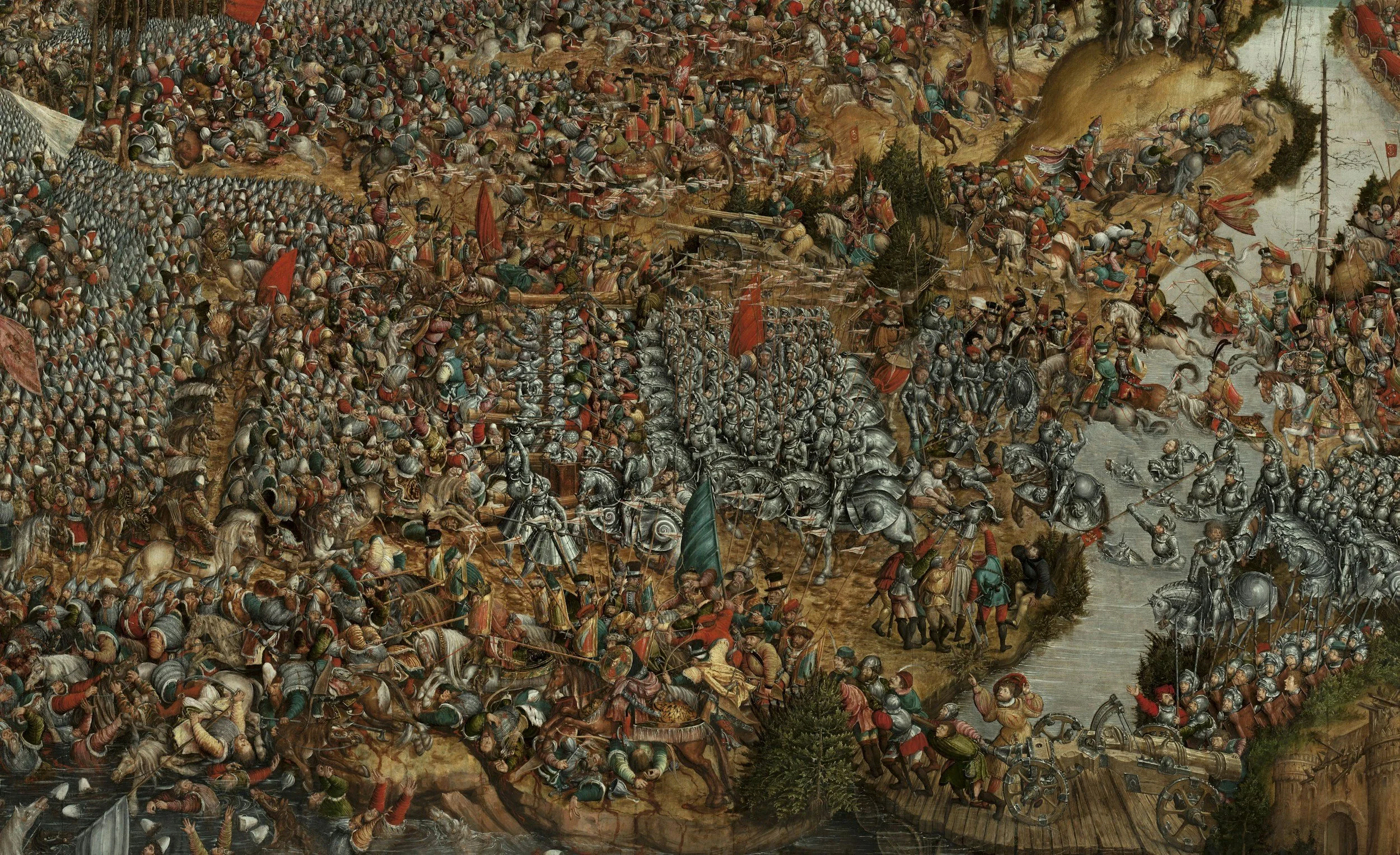A Lithuanian-Polish Union
Ask any Lithuanian about Poland and they will likely react the same. What’s so special about it?
They seem to have the relationship of the cousins that don’t quite get along. It’s jokey, but also not.. It’s not the playful braliukas that they have with Latvia (slang for little brother). Or the fondness for Estonia. It’s also not the other extreme that they have for Russia.. but what is the deal with Poland? It is a complicated matter that goes back hundreds of years - but especially the tensions arise from World War II and the interwar periods, and the fondness - well, that comes from their shared rule for centuries as well as their more recent shared experiences under Russian repression.
Many Lithuanians will be influenced negatively by Poland’s annexation of the Vilnius region from 1920 until 1939 - yes, I know what you might be thinking, Kaunas finally got it’s moment in the limelight… but in seriousness, for Lithuania, this created a terrible rift with Poland. And what started messily only became messier during WW2 as Lithuanians collaborated with the Nazi’s in the persecution of both Jews and Poles, triggering retaliatory reprisals which often targeted Lithuanian civilians. The Dubingiai massacre of 1944 is one of the more documented instances of these retaliatory attacks on Lithuanian civilians, and the vying factions during that time: Lithuanian partisans, Polish Home Army, Nazis and Soviets very much began to blur the lines between good vs evil as we know it.
St Anne’s Church in Vilnius, built by King of Poland and Grand Duke of Lithuania Alexander Jagellion in 1495 and a part of occupied Lithuania during the 1920-39 Polish annexation.
But the tensions as well as fondness (remember cousin-like) in Lithuania’s relationship with Poland goes back further than that. For 184 years from 1385 until 1569 the two countries shared a monarch after Grand Duke Jogaila married princess Jadwiga of Poland. Many generations later the countries still shared that monarchy, and by 1569 the Union of Lublin formalised this relationship into the Polish-Lithuanian Commonwealth lasting a further 226 years until 1795.
That means from 1385 until 1795 Lithuania and Poland were in a 410 year long union. It’s a heck of a long way to come, and certainly together they played their part in shaping European politics.
For example, the victory by the Lithuanian-Polish union over the Teutonic Knights at Žalgiris in 1410 is celebrated as one of the greatest medieval military triumphs in European history, and signalled the decline of the Teutonic Order and their crusades (finally). The tactics of feigned retreat used here were considered by some to be those learned by Grand Duke Vytautas after his loss to the Mongols at the Battle of Vorskla river (read last blog).
These tactics were again repeated victoriously in 1514 at the Battle of Orsha against the Grand Duchy of Moscow, when the combined forces of Lithuania and Poland overcame the overwhelming force from Moscow attempting to recoup the lost lands of the Rus in modern day Ukraine and Belarus.
It was the famous Polish winged Hussars who saved the day at the Battle of Vienna in 1683 (The Lithuanian contingent were late to battle), critical for the relief of Vienna during the Ottoman siege of the city and securing the Ottoman retreat from central Europe.
Battle of Orsha on 8 September 1514. The battle was a culmination of a conflict between Polish-Lithuanian Commonwealth and the Grand Duchy of Moscow.
So, really we can see that Poland and Lithuania do have a lot of shared victories (as well as losses not mentioned here) together, and they have fought hard side-by-side for centuries with a considerable shared culture, but perhaps this is also the source of their rivalry?
Unlike Latvia which hasn’t a claim to such an empire, Poland has always been there, vying for dominance in the Union. Unlike Russia, which ruled outrightly as the Russian empire and then the Soviet Union, Poland was much more of an equal, and much easier to jostle for control with.
If you are interested to find out more about all of this, we run tours every Saturday to Trakai from Vilnius covering ALL (or what we can) of Lithuania’s history, with more specialised Cold War and Teutonic Tours coming soon (Summer 2026) - so keep following on the socials!😎🎤

